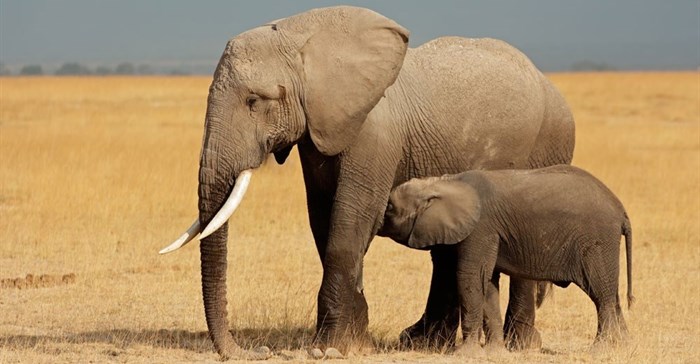
Top stories






More news


Marketing & Media
Ads are coming to AI. Does that really have to be such a bad thing?














Namibia and Zimbabwe - which boast healthy elephant populations - had lobbied for the right to sell off stockpiles accrued from natural deaths to fund projects in communities that live close to elephants.
"(The meeting) votes in committee against proposals of Namibia and Zimbabwe to allow international commercial trade in their elephants," the Convention on International Trade in Endangered Species (CITES) said in statement at its conference in Johannesburg.
International trade in ivory has been banned since 1989, but legal domestic markets have continued in some countries around the world, and CITES has twice allowed sales of African ivory stockpiles to Japan and China, in 1999 and 2008.
In the two secret ballots, the proposals by Namibia and Zimbabwe were heavily defeated.
"African elephants are in steep decline across much of the continent due to poaching for their ivory, and opening up any legal trade in ivory would complicate efforts to conserve them," said Ginette Hemley, head of the WWF delegation at CITES.
"It could offer criminal syndicates new avenues to launder poached ivory, undermining law enforcement, and would undercut efforts to reduce the consumer demand that is driving the mass poaching."
She welcomed the votes, and urged nations to concentrate on closing domestic ivory markets and combating the illegal international trade.
Source: AFP

For more than two decades, I-Net Bridge has been one of South Africa’s preferred electronic providers of innovative solutions, data of the highest calibre, reliable platforms and excellent supporting systems. Our products include workstations, web applications and data feeds packaged with in-depth news and powerful analytical tools empowering clients to make meaningful decisions.
We pride ourselves on our wide variety of in-house skills, encompassing multiple platforms and applications. These skills enable us to not only function as a first class facility, but also design, implement and support all our client needs at a level that confirms I-Net Bridge a leader in its field.
Go to: http://www.inet.co.za